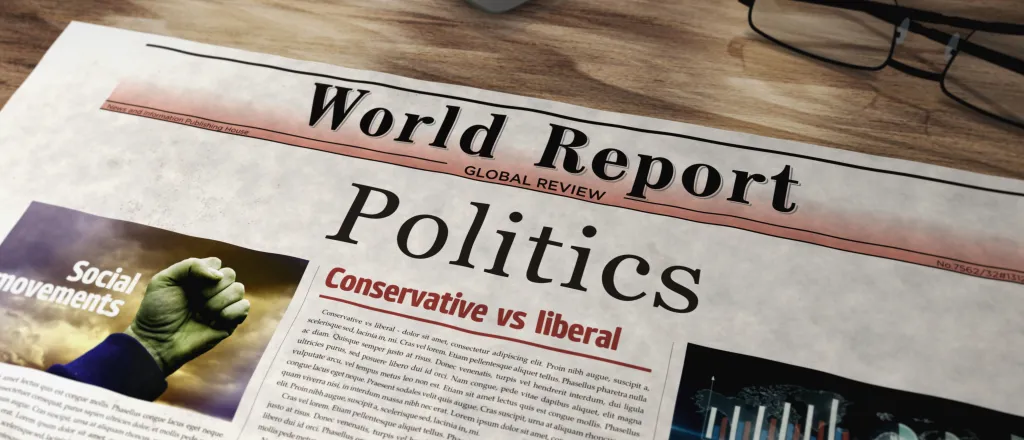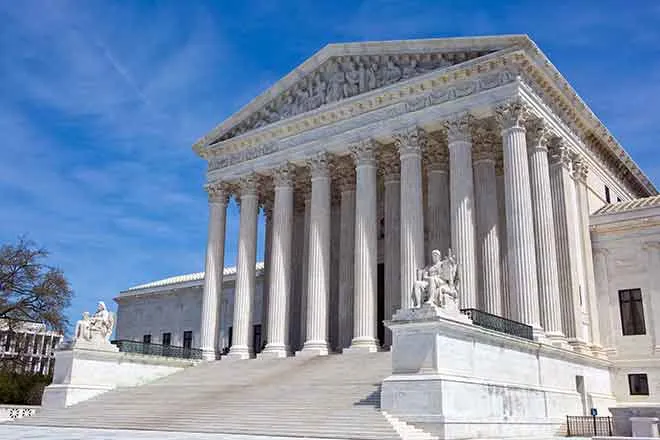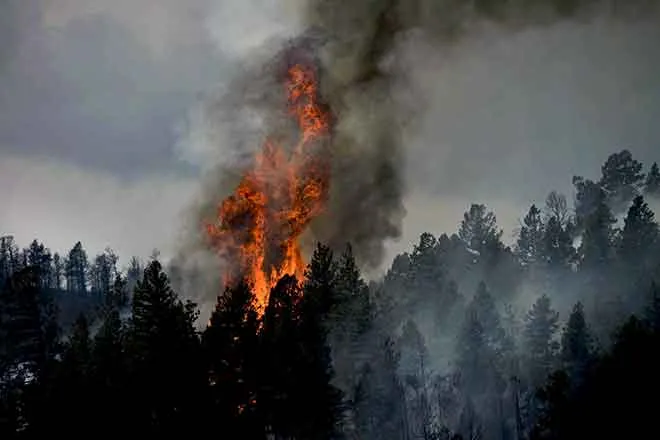
Politics: 2025Talks - October 2, 2025
© Arkadiusz Warguła - iStock-1890683226
Politics and views in the United States.
The government shutdown is set to continue with no end in sight. States dip into their coffers to keep federal programs running and veterans face challenges accessing services.
TRANSCRIPT
Welcome to 2025 Talks.
We're following our democracy in historic times.
We can do things during the shutdown that are irreversible, that are bad for them and irreversible by them, like cutting vast numbers of people out, cutting things that they like, cutting programs that they like.
President Donald Trump says his administration is prepared to cut benefits and permanently fire large numbers of federal workers if the government shutdown doesn't end soon.
Democratic critics say he has no more power to do those things now than he did before.
Day one of the first shutdown in seven years ended in impasse with competing budget bills failing in the Senate.
Democrats are taking a hard line, demanding the renewal of pandemic-era supports for Affordable Care Act health insurance policies.
GOP wants to pass a stopgap at current levels and discuss healthcare later.
Polls show Americans are generally split on who's to blame, though slightly more hold the Republicans responsible.
Senate Majority Leader John Thune says Democrats' demands are not the way to address healthcare issues and accuses them of exploding federal spending.
Senate Democrats are demanding $1.5 trillion partisan spending to keep the government open for seven weeks.
They are demanding more than the defense budget in their resolution to keep the government open for four weeks.
Observers argue he's taking the figures out of context.
Federal data shows the debt grew more than $2 trillion in the fiscal year that just ended, and the Republican mega-bill will add another $4 trillion to the debt over a decade, most of it going to tax cuts for the wealthy.
Senate Minority Leader Chuck Schumer says Democrats must use the leverage they have now while they have it.
Republicans have tried to stick us with a partisan CR that fails to protect Americans' health care and does nothing to fix the health care mess that they created.
It has now failed twice to get enough votes in this chamber.
So Republicans need to negotiate with us."
The Democratic plan would also reverse some non-health care cuts in the One Big Beautiful Bill and the separate Reconciliation Bill.
Another part would rein in the President's ability to refuse to spend money Congress has appropriated, which the Trump administration tried to do with billions in foreign aid.
States with large U.S. government footprints are already implementing plans to help federal and maintain programs.
Maryland Governor Wes Moore says state agencies will ensure federal programs there will continue operating, state employees funded by D.C. will still be paid, and state-administered federal benefits will keep supporting families.
But Moore says this can't go on forever.
The longer this unnecessary federal government shutdown goes on, the harder it is for us to keep services going.
We will continue to monitor the situation closely, and we will adjust accordingly.
Though many federal offices will shutter or have employees work without pay, some services are continuing.
Veterans Affairs hospitals and clinics are still open, almost all the staff showing up.
But Veterans Affairs Secretary Doug Collins says VA operations, notably in counseling, disability services, and veteran readiness in employment will be impacted.
Where it's gonna be affecting us, especially in the short run, is our regional offices for disability claims.
New claims are getting questions answered are gonna be closed.
Our counseling, our VR&E issues, where people get their vote rehab, how they get into new careers, those are gonna be limited.
Our outreach is gonna be limited.
The White House says it's withholding $18 billion in funding for New York City transit projects, of the nation's largest.
I'm Edwin J. Vieira for Pacifica Network and Public News Service.
Find our trust indicators at publicnewsservice.org.
















